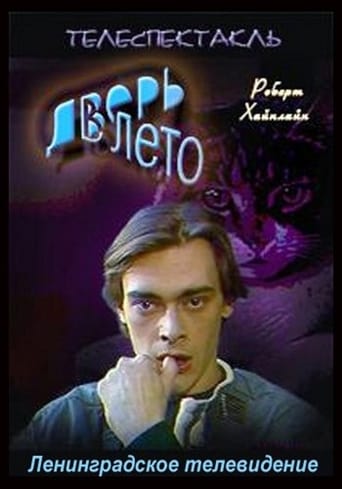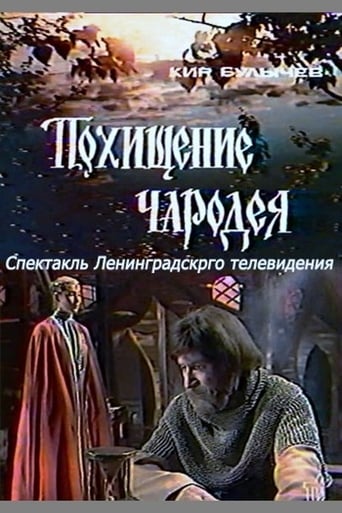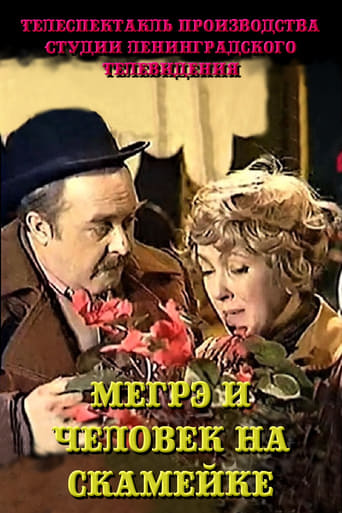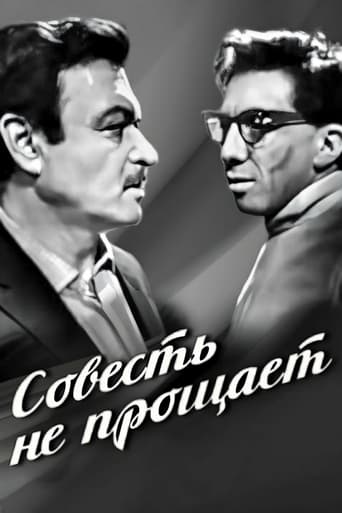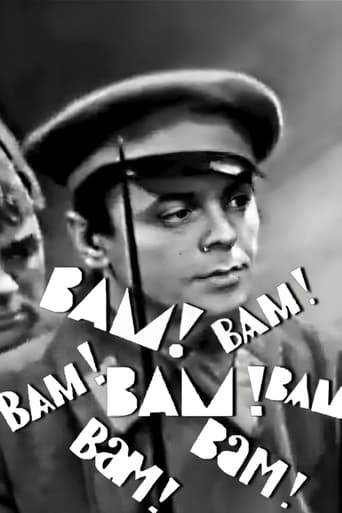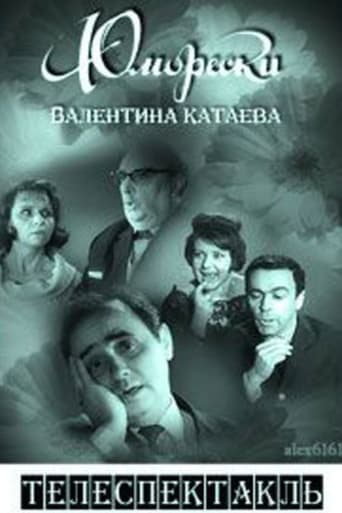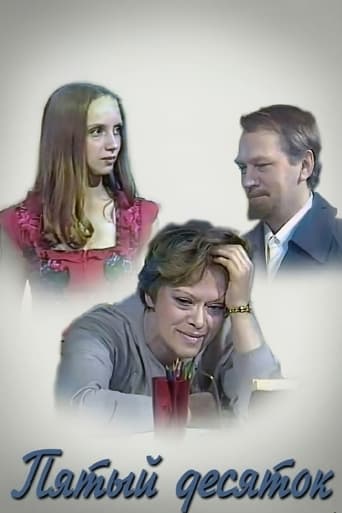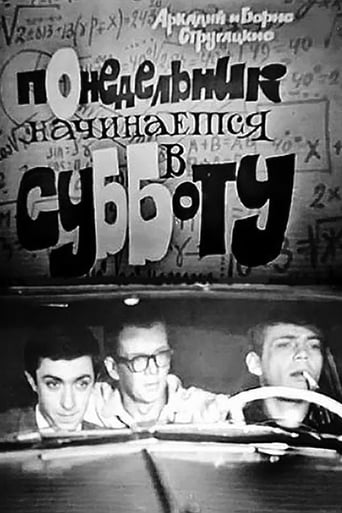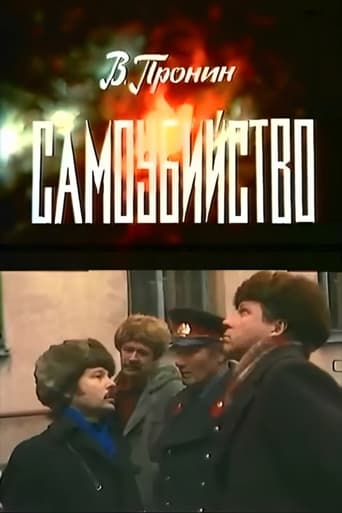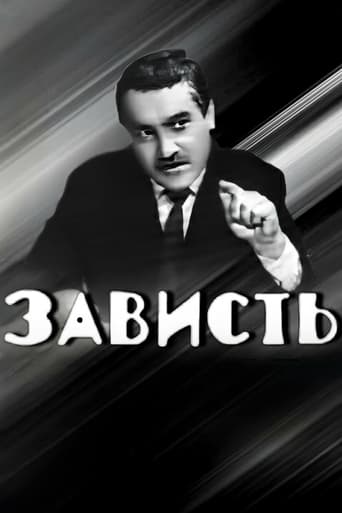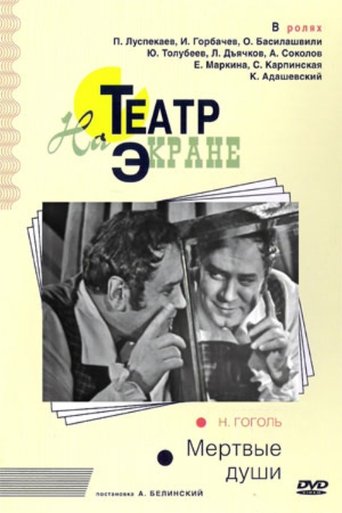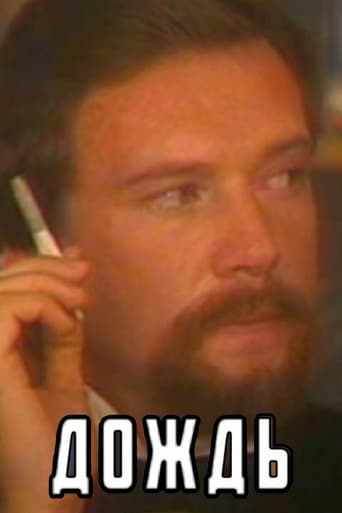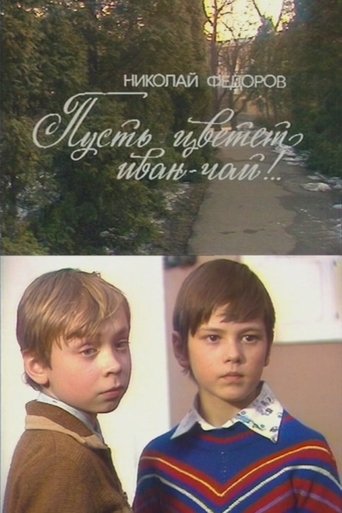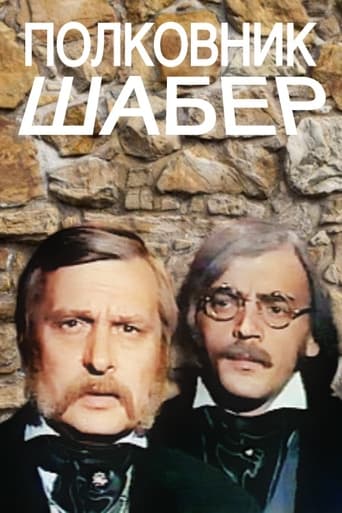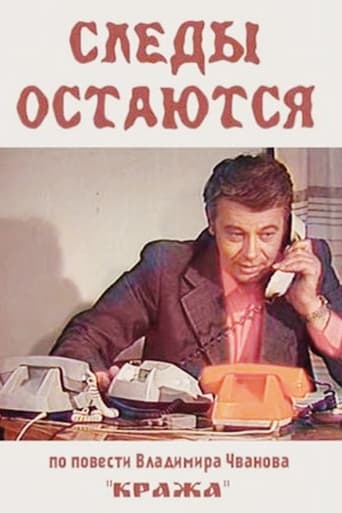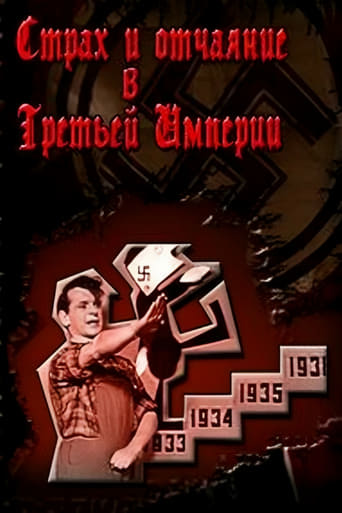Leningrad Television
The Kidnapping of a Wizard 1980
Young graduate student Anna Ivankevich arrives in her native village, where she has not been for about 20 years. Here, in the rural silence of her aunt’s house, she is going to write her dissertation. Suddenly, two strange strangers unexpectedly appear in the house, whom Anna initially mistakes for thieves. They claim that the owner of this house yesterday rented it to them for two weeks, and for greater persuasiveness they hand over a letter in which Anya’s mother confirms this and also asks her to live with their neighbor, grandfather Gennady. This all looks very strange... And then the fantasy begins - it soon turns out that they are guests from the future, and chose this house as an intermediate station.
Conscience Doesn't Forgive 1964
Nurdin is a man who failed to protect friendship and love, who retreated before deceit and hypocrisy. The benevolent viewer is personified by the Old Man, a character who seems to stand outside the plot. Nurdin tells the Old Man about his life.
You! 1969
The teleplay was based on V. Mayakovsky’s poems “You!”, “Listen!”, “Conversation with Comrade Lenin” and other works of the poet.
Valentin Kataev's Humoresque 1968
Based on the stories of V. Kataev "The Diary of a Bitter Drunkard", "Fur Coat" and "Pearl".
Fifth Decade 1982
A tired, naive librarian in her fourties, has experienced hard labor, chores, and failed love. Her brittle voice and childish naiveness add to her defenselessness. Despite her stubbornness, she maintains a strong spirit that helps her stay true to herself.
Monday Begins on Saturday 1965
Set in a fictional town in northern Russia, where highly classified research in magic occurs, the novel is a satire of Soviet scientific research institutes, complete with an inept administration, a dishonest, show-horse professor, and numerous equipment failures. It offers an idealistic view of the scientific work ethic, as reflected in the title which suggests that the scientists' weekends are nonexistent. (Wikipedia)
The Seagull 1964
Suicide 1981
The story of the investigation into the death of student Selivanova, who was involved in currency transactions, which was a big crime at that time.
Envy 1967
Performance based on the novel of the same name by Yuri Olesha with the participation of actors from the Leningrad Bolshoi Drama Theater of M. Gorky.
Dead Souls 1969
In "Dead Souls" Gogol posed the most pressing and painful questions of modern life. The very title of the poem had enormous revealing power; it carried, according to Herzen, “something terrifying”, “he could not name it otherwise; not the revisionists - dead souls, but all these Nozdryovs. Manilovs and all those like them are dead souls, and we meet them at every step..."
Oblomov 1965
Based on the novel of the same name by I.A. Goncharov.
Rain 1984
Based on the stories of Ivan Bunin "Rusya", "When I first...", "Swing".
Let the Fireweed Bloom!.. 1984
A touching story about the friendship of guys who help two lonely old people meet after almost half a century of separation.
Cat House 1988
The TV play based on the fairy tale of the same name by Samuel Marshak.
Colonel Chabert 1978
Colonel Chabert, who miraculously survived the battle, returns to his homeland after several years of wandering, but everyone has long considered him dead. It seems very problematic to prove the opposite - the wife got married again and sharing her fortune is not part of her plans...
Traces Remain 1984
On the legal and moral education of youth.
Fear and Despair in the Third Empire 1965
Chronicle dramatic scenes of Germany under the rule of fascism.
